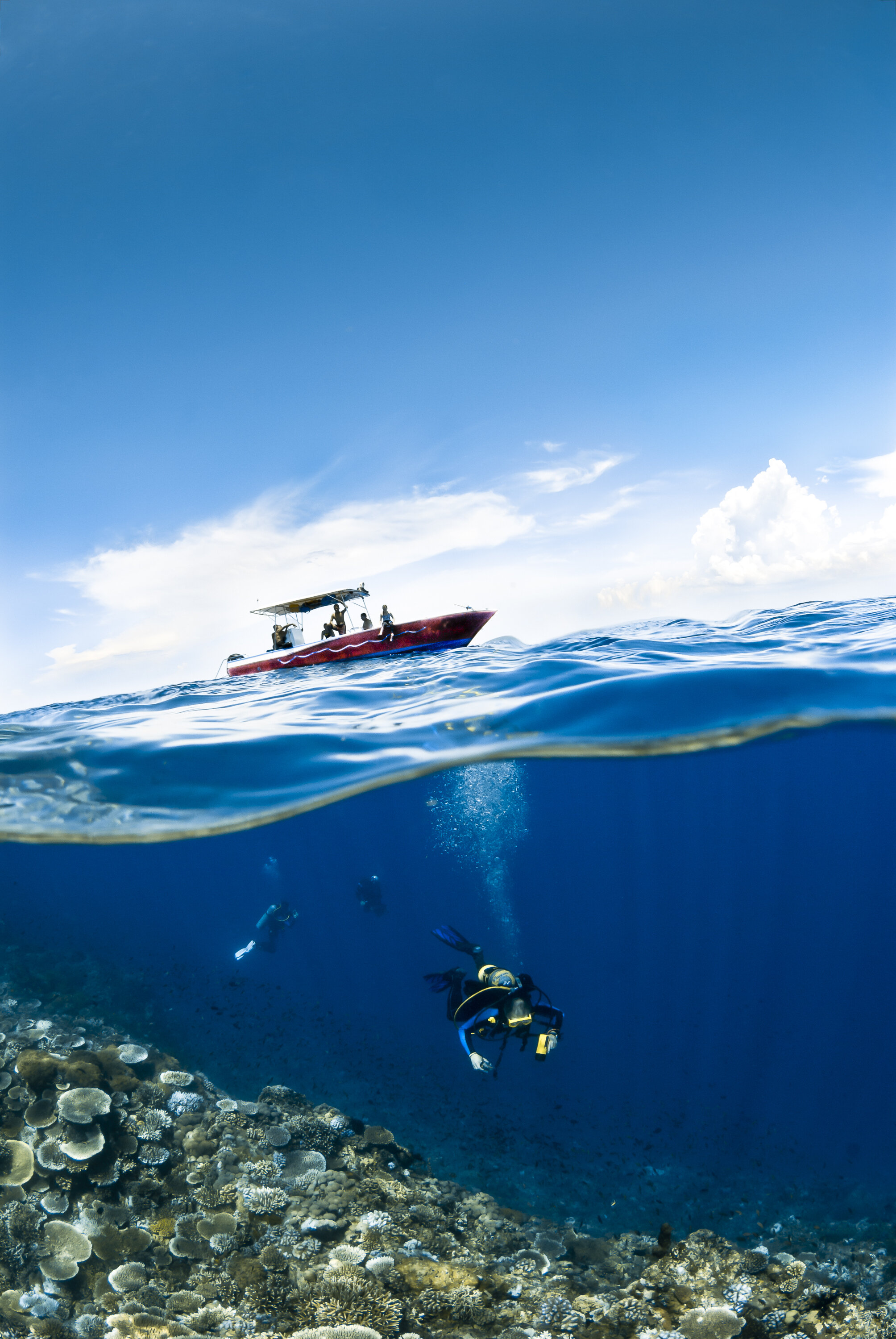
Linking Science to Policy
The Seascape Ecology Lab
Policy Brief
Five Ways Seascape Ecology Can Help to Achieve Marine Restoration Goals
The 5Cs of seascape ecology — Context, Configuration, Connectivity, Consideration of scale, and Culture — can help inform restoration ecology and enhance the design of other nature-based solutions.
Bridging Land and Seascape Restoration for Ecoscape Recovery
This Special Collection in npj Ocean Sustainability aims to establish a foundation for scalable approaches that support multi-habitat coastal ecosystem restoration.
Developing a UK Seagrass Carbon Code
A Seagrass Carbon Code would act as the voluntary standard for UK projects that restore and protect seagrass meadows for climate benefits, generating independently verified carbon units.
Building Antarctic Ocean Resilience through Climatesmart Marine Spatial Planning
Widely used within national jurisdictions, marine spatial planning that is climate-smart could contribute to greater Antarctic resilience and broader ocean benefits.
Blue Carbon Sequestration: Benefits for Sub-National Climate Policy
California could serve as a model for “Blue Carbon” policies and practices by using carbon sequestration in coastal habitats to achieve its ambitious climate goals.
Arctic Ecosystems:
Synergistic Effects of Ocean Stressors
Synergistic interactions among multiple ecosystem stressors can greatly increase the risk of population collapse in vulnerable regions like the Arctic.
Coastal Adaption Strategies: Integrating Science and Policy
Main image credit: The Ocean Image Bank






